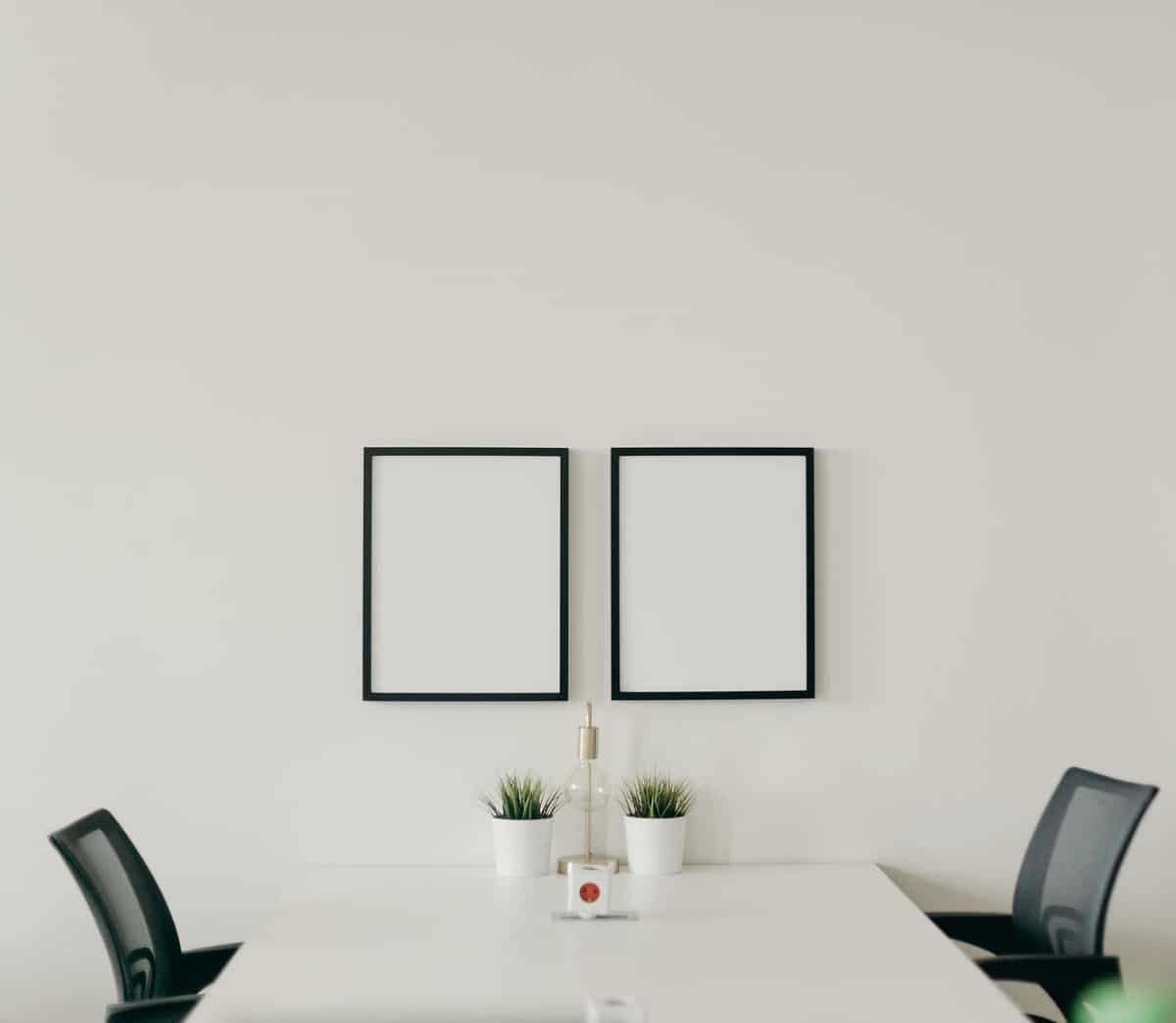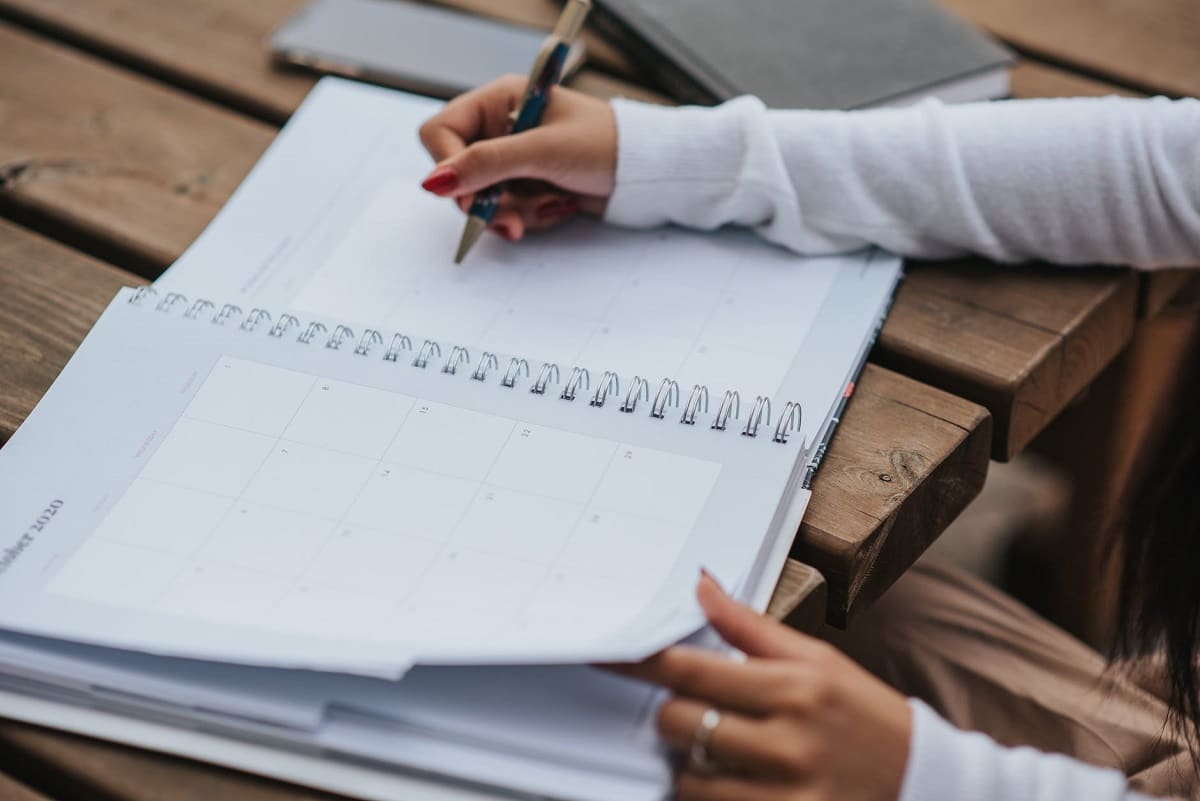
The saying goes that "the one who has the most is not the happiest, but the one who needs the least" and in those simple words lies a whole reality. When you tend to accumulate things, it becomes a vicious circle that is very difficult to get out of. Because you always have a feeling like inadequacy, you never have enough things, clothes or decorative objects at home.
Each unoccupied corner becomes an obsession, a hole to fill with a material object. Something that actually says a lot about the emotional state of people. Because all those material things are used to fill a much deeper void. To work thoroughly on it there are different techniques and therapies, one of them, the practice of minimalism as a philosophy of life.
What is minimalism
The phrase that defines minimalism is "less is more", a conception about the possession of the material from the most negative point of view. Understanding minimalism as a whole concept, a lifestyle, is what allows us to live in a happier and more conscious way. because you learn to get rid of those inanimate things that have no value and leave room for experiences and things that really matter.
In short, people who practice minimalism learn to identify the things that make them happy, setting aside everything that has no value. With this, they discover a way to deeply appreciate both material and personal possessions. All of this represents a great contribution of value to life, which also becomes a much more sustainable lifestyle. Because when uncontrolled consumerism disappears, saves money, space, time, earth resources and reduces waste.
Delving into minimalism as a philosophy of life is an important job of personal growth. Today's society tends to overvalue material things, sometimes even above personal experiences. In minimalism, this aspect is mainly worked on, which consists of learn to decide what are the things that really make you happy and which ones don't.
keys to start
Seeking happiness is the key to minimalism, but doing it in a deeper way. When you enter that spiral of consumerism it is difficult to get out, because when you buy you get an immediate pleasure, as quickly as the emotion disappears and you feel that personal emptiness again. With minimalism you will learn to control those impulses, you will have to stop to assess if what you are going to buy really makes you feel happy.
At first it will be difficult, but soon you will discover that having more things will never make you feel better. But buy those that help improve your well-being in one way or another, yes it will allow you to feel more satisfied. Not forgetting the great favor you do the planet when you delve into minimalism. Because the great loser of this era of consumerism is undoubtedly the planet.
Learn to identifying what is essential is not easyTherefore, we leave you some guidelines to help you in the process:
- Make a list of everything you have: Surely it will be infinite, but it will help you to see that you really have many more things than you need.
- Set aside things you never use: Keep all those things that are useless in boxes, after a while you will realize that you do not even think about them.
- Separate in a space what you really need: If you think about a certain thing more than 2 times in a few days, it means that you really need it, leave the object in a box inside the house.
- If one thing goes in, something else must come out.: This is a trick to avoid accumulating in excess, if you buy new things, others will have to come out, for example with clothes, makeup and decoration objects.
With this list you can donate, sell and give away all those things that fill your living space and start a more sustainable, fluid and minimalist life.

